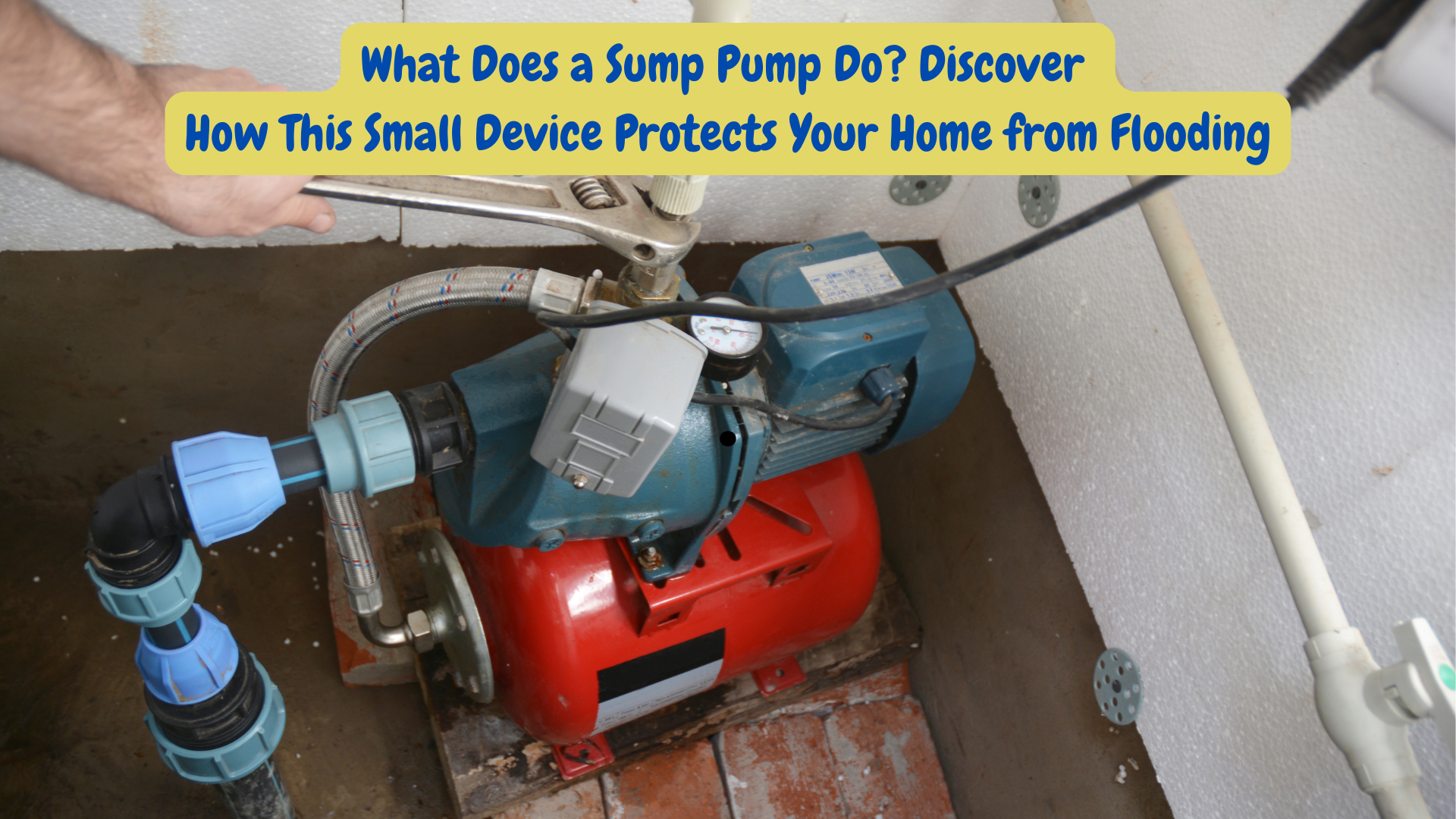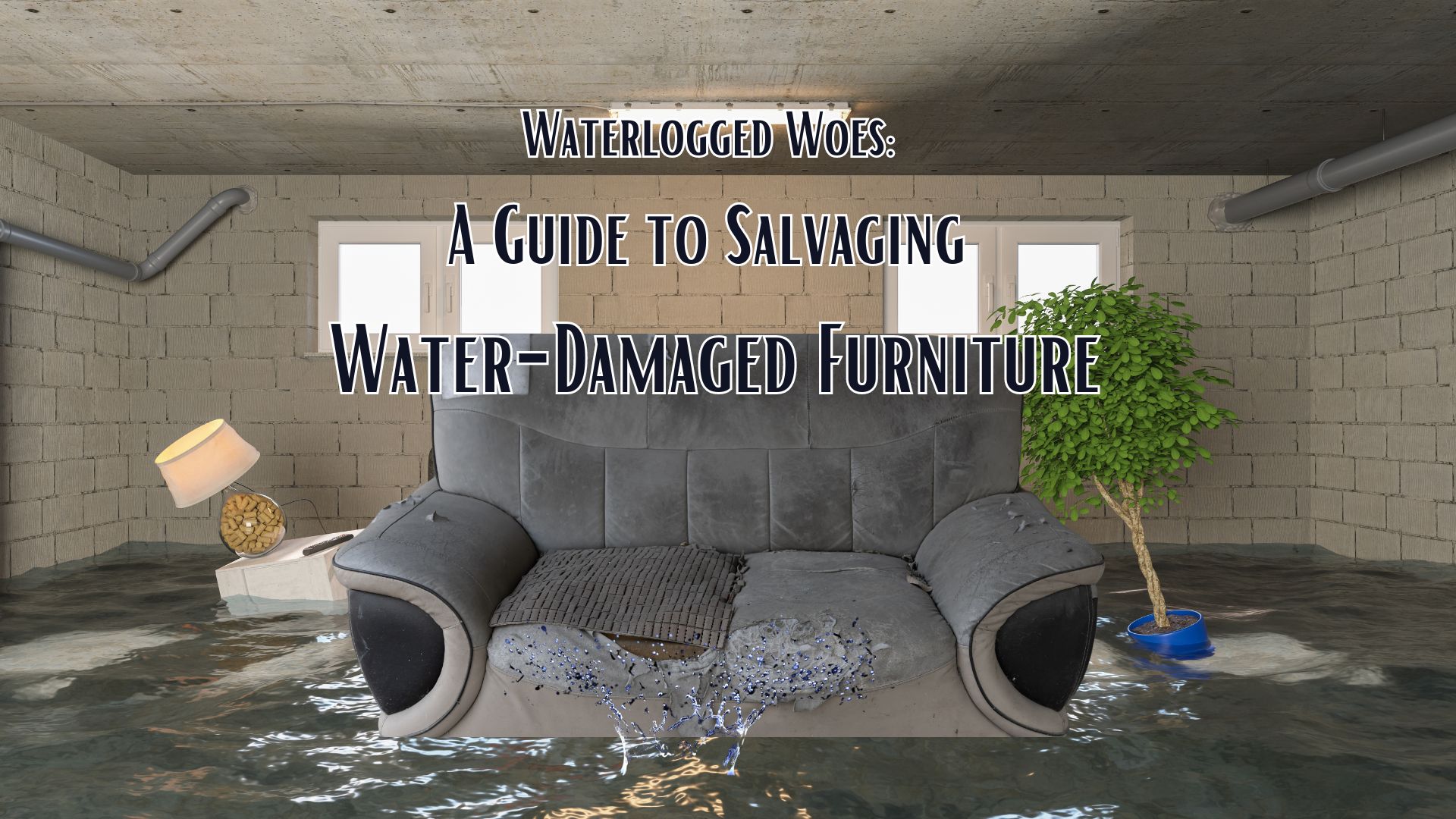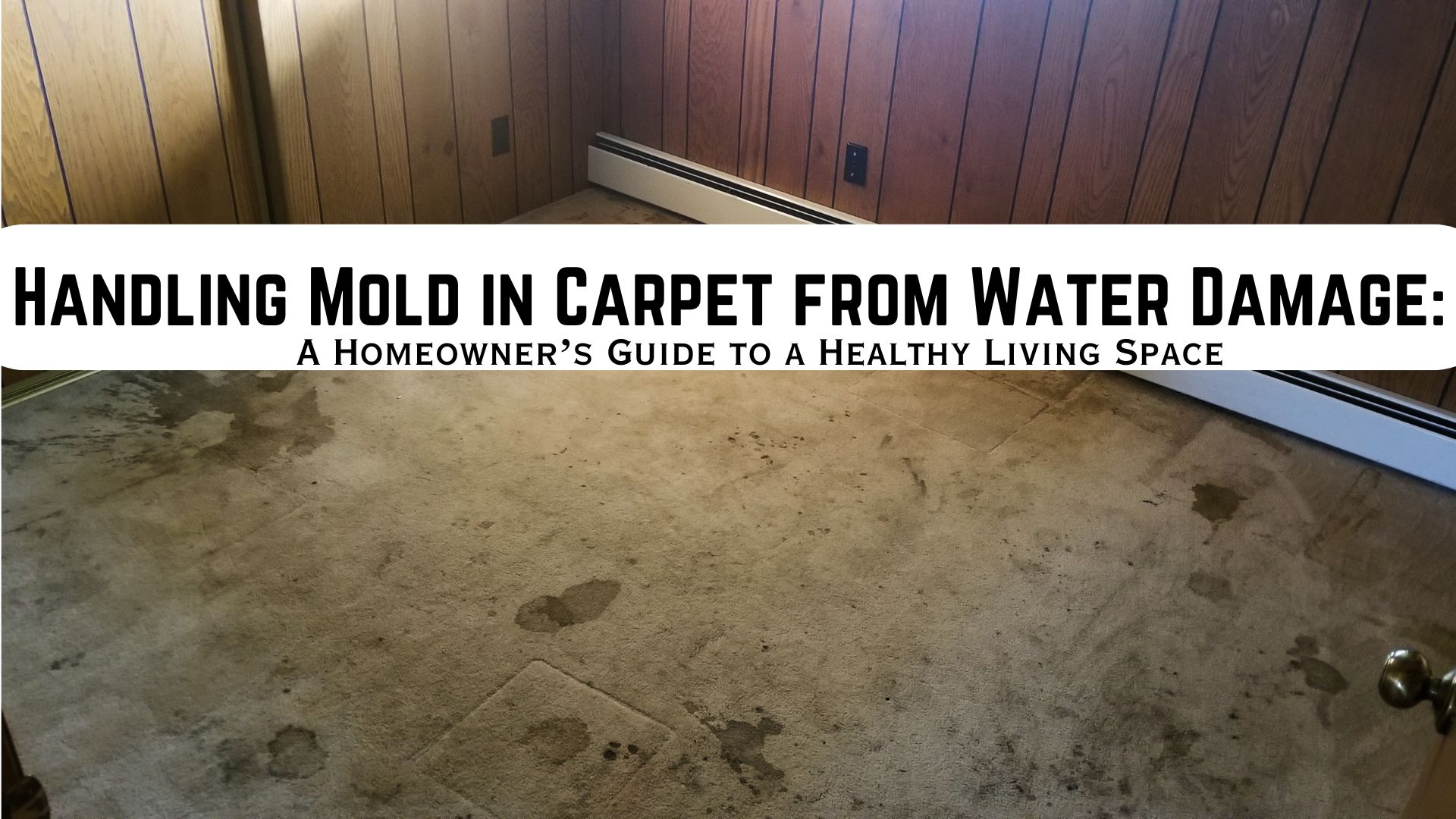Freezing temperatures in wintertime can cause pipes to freeze in the home, making it very inconvenient. When the pipes become frosty, water increases, putting much pressure on them. As a result, water lines in your home swell or even burst when neglected. One solution you can do is thawing frozen pipes in your home.
Take action and then avoid major water damage from occurring in your home. As you read on, you will learn how to find and fix frozen pipes in your home and prevent them from happening.
Thawing Frozen Pipes 101: What You Need to Do to Locate Frozen Pipes in the Home
Certainly, detecting frozen pipes in your home is troublesome. They hamper the water supply on your property and cause severe water damage if not treated properly. Use the provided tips below to locate frozen water lines in your home.
1. Which Pipes are Prone to Becoming Frosted?
- Attic, Basement, and Crawl-Space Pipes
Inspect the water lines in your attic, basement, and crawl space regularly during the wintertime because these lines are more prone to freezing since they don’t often get heated. So, it would be helpful to insulate them entirely to prevent frozen water pipes from taking place.
- Exposed Pipes Along the Exterior Walls
The pipes along the exterior walls are exactly exposed to ice-cold temperatures and generally don’t have adequate insulation. So, it would be best if you insulate these pipes adequately to make them less susceptible to getting frosted.
2. Be familiar with the Signs of Frozen Pipes
- Poor Water Pressure When Turning the Tap On, or the Water Doesn’t Flow Out of the Faucet.
This is one of the first signs of frozen pipes. The cause may be an ice formation in the tubes that impedes water from flowing adequately through them.
- Frosted Pipes Detected
This is a definite sign of frozen pipes that requires prompt action to solve the problem.
- Swollen Pipes Noticed
This is also an indication that your pipes have frozen. There’s probably ice blockage and enlargement inside the lines, creating a swell in them. When there’s a lot of pressure on the affected pipes, they may rupture if not treated adequately.
- Unusual Odors Sensed
If water does not flow smoothly through the tubes and drain to its proper destination, it will move back into the pipes, causing strange smells.
Once you detect any of the above-stated signs, check the main lines in your basement. If the pipes are frozen but none have ruptured, you may choose to do one of the two options below:
- Seek help from a specialist in thawing frozen pipes in your home. It’s the best solution to solve the issue, especially if you are not confident enough in thawing frozen pipes yourself or if the frozen area is out of reach.
- Attempt to thaw the affected or frozen pipes on your own if you are confident with your home maintenance skills. However, this option can be hazardous if not correctly done.
3. Learn How Thawing Frozen Pipes is Done
If you fully trust your home maintenance skills, you can try the following must-learn tips to mend your frozen pipes:
- Open Your Faucet.
The thawing process will liquefy the ice buildup in the tubes, producing water. So leave your faucet open to let water flow through the pipes, sending the liquid out. It will also improve the defrosting process.
- Apply Heat to the Affected Frozen Pipe.
You can perform this action by wrapping an electric heating pad around the tube, making use of a hairdryer or heat lamps to warm the pipe, or binding a heat cable (heat tape) to the pipe. You can also immerse a towel in hot water and bandage it around the pipe. Be mindful when using the heating pad to avoid a fire hazard from occurring.
- Remember What Not to Use in Mending Frozen Pipes.
In thawing frozen pipes, never use kerosene or propane heaters, a blowtorch, or any other open flame devices that can cause a terrible fire accident. You can use a space heater if the area is certainly clear of any flammable substances. Be mindful when using the space heater and do not leave it unattended.
- Apply Heat Repeatedly Until Water Flows Smoothly.
After thawing frozen pipes successfully, turn your other faucets on to check and find where the other frozen tubes may be.
- Once You Located Frozen Pipes Along Your Home’s Exterior Wall, Take Action Immediately.
Never think twice about hiring a professional to deal with this serious situation. Drilling a hole in the wall may be necessary to reveal the frozen parts of the tubes and start thawing them.
After Thawing Frozen Pipes, Prevention is Next
Indeed, we cannot command the weather, but we can do something to protect the pipes from getting frozen. You may try the following tips below:
- Drain the liquid from your sprinkler and swimming pool water tubes. They are distinctly possible to freeze.
- Disconnect and drain the outdoor hoses and keep them in your garage. Turn off the indoor faucets that supply water to the outdoor hoses.
- Inspect the insulation around lighting fixtures and vents. Ensure it’s adequate to prevent heat from escaping.
- Seal any wall cracks or holes in and out of your home. Examine all the sides of the utility service lines carefully.
- Leave the kitchen cabinet doors open to allow the warm air to roam around on each side of the tubes.
- Ensure your garage doors are closed to safeguard the water pipes.
- Flowing water freezes not quickly. So allow the faucets to drip slightly during the frigid days.
- Never set your home’s thermostat below 55 degrees Fahrenheit when you leave. Maintain the same temperature the entire day.
- Ensure all the windows and doors of your home have adequate, appropriate seals on them.
- You can install a 60-watt bulb in those places where pipes are prone to freezing. Just make sure there are no flammable materials close to the bulb to prevent unwanted fire accidents from happening.
For Thawing Frozen Pipes and Other Water Damage Issues, Contact a Water Damage Restoration Company
Dealing with a frozen-tube issue alone is not easy, especially if the frozen pipe bursts in your house. Shut off the valve of the main water line right away, then contact a water damage restoration company. Seeking help from professionals is an excellent option to avoid further damage to your property. Remember that water damage can cause mold growth and infestation.
Superior Restoration has a team of highly trained experts who handle any water damage issues – from mild to severe. We are always ready and available to assist you in your time of need. We are open 24/7. Contact us if you have inquiries about water damage restoration services.




